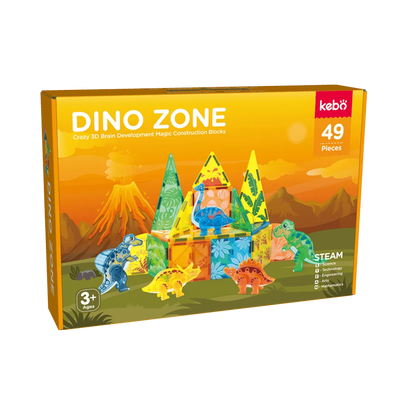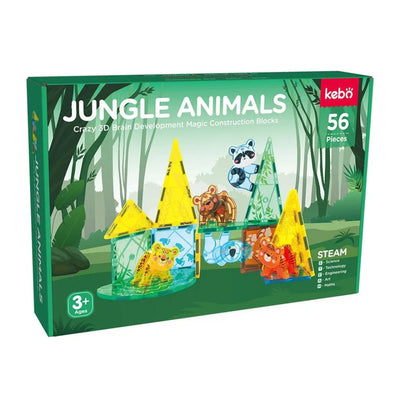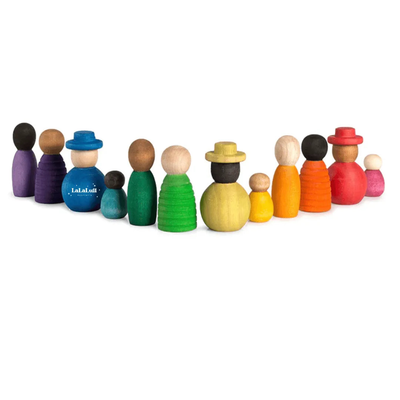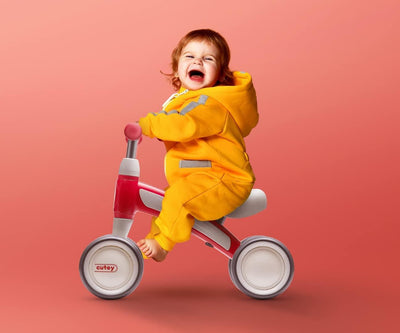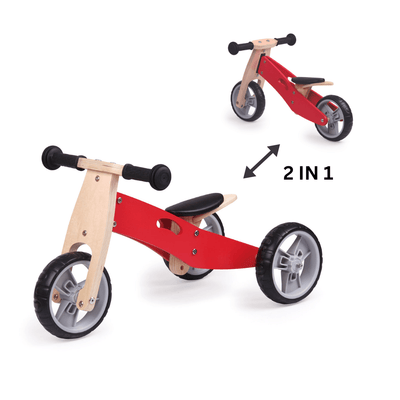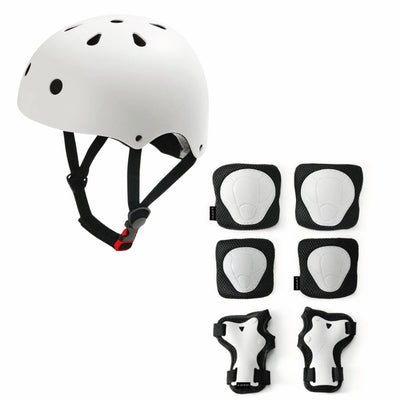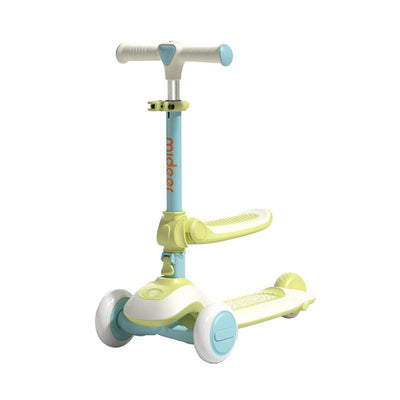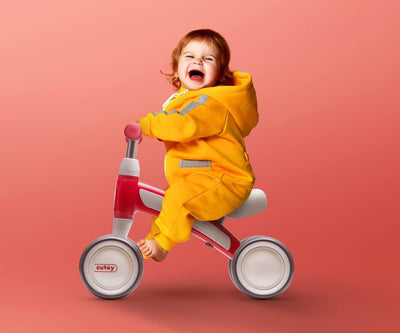Watching your baby take their first steps is a monumental milestone in their development. While every baby progresses at their own pace, there are several ways you can support and encourage your little one as they learn to walk. This guide will provide you with essential tips and tools to help your baby on this exciting journey.
Understanding the Stages of Walking Development
Before your baby starts walking, they will go through several stages of development:
- Rolling Over: The first step towards mobility.
- Sitting Up: Gaining strength and balance.
- Crawling: Building coordination and muscle strength.
- Pulling Up and Cruising: Using furniture to stand and move around.
When Do Babies Typically Start Walking?
Most babies take their first steps between 9 and 15 months. However, it's important to remember that every child is unique. Signs that your baby is getting ready to walk include:
- Standing while holding onto furniture.
- Cruising along the edges of furniture.
- Attempting to stand without support.
Creating a Safe Environment for Walking
To ensure your baby's safety as they begin to explore, consider the following tips for baby-proofing your home:
- Secure heavy furniture to the wall.
- Remove sharp objects and cover corners.
- Keep small objects and choking hazards out of reach.
- Use baby gates to block off dangerous areas.
Encouraging Your Baby to Stand and Cruise
Help your baby build the necessary strength and balance by encouraging these activities:
- Tummy time to strengthen core muscles.
- Games that involve reaching and grabbing.
- Encouraging cruising by placing toys just out of reach.
Choosing the Right Footwear for First Steps
When your baby is ready to walk, choosing the right footwear is crucial. Look for:
- Soft-soled shoes that allow natural movement.
- Shoes with good grip and support.
- Proper fit to avoid discomfort and blisters.
Using Walking Toys and Aids
Walking toys and aids can provide support and make the learning process fun. Consider these recommendations:
-
Baby Bike - Red: This balance bike helps improve balance and coordination, making it easier for your baby to transition to walking.

-
Wooden Baby Walker: A sturdy walker that offers support and encourages your baby to take those first steps confidently.

Balancing Support and Independence
While it's important to support your baby, it's equally important to allow them to develop independence:
- Give them space to explore on their own.
- Encourage independent play and movement.
- Provide positive reinforcement and celebrate their efforts.
Signs Your Baby is Ready to Walk
Look for these key indicators that your baby is ready to start walking:
- Pulling up to stand without assistance.
- Standing independently for short periods.
- Taking steps while holding onto furniture or your hands.
What to Do if Your Baby Isn’t Walking Yet
If your baby isn't walking by 18 months, consider consulting with a pediatrician. They can provide guidance and check for any underlying issues. In the meantime:
- Encourage other forms of movement like crawling and cruising.
- Provide plenty of opportunities for play and exploration.
- Stay patient and supportive, as every child develops at their own pace.
Celebrating Milestones and Progress
Celebrate your baby’s walking achievements to encourage further progress:
- Cheer them on and offer praise.
- Capture the moments with photos and videos.
- Create a safe play area where they can practice walking freely.
Conclusion
Supporting your baby as they take their first steps involves patience, encouragement, and the right tools. By understanding their developmental stages, creating a safe environment, and using supportive toys like the Baby Bike and the Wooden Baby Walker, you can help your little one gain the confidence and skills they need to walk independently. Remember, every child progresses at their own pace, so celebrate each milestone along the way.
